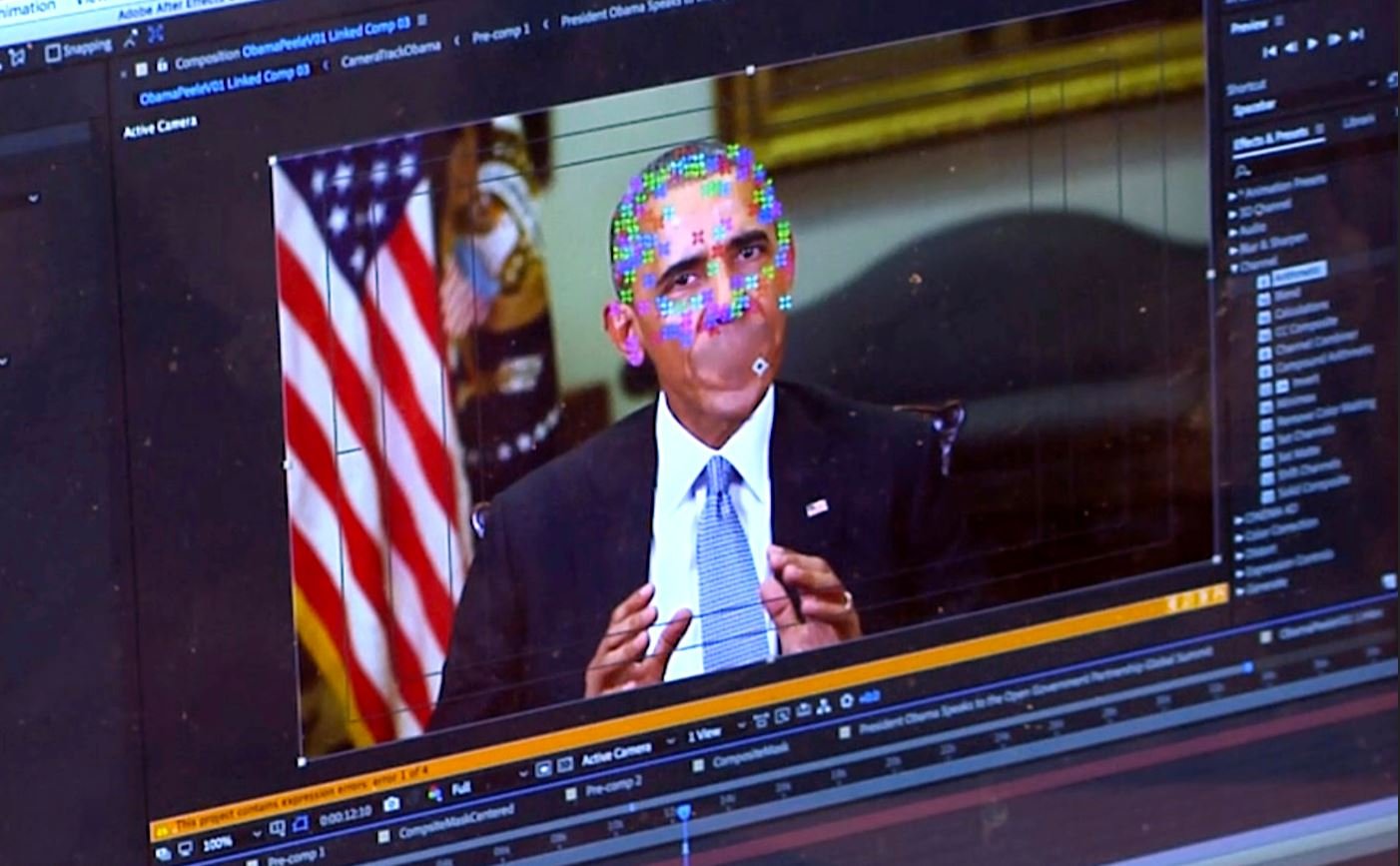In a landmark move, the Wisconsin legislature has enacted legislation aimed at curbing the use of AI-generated deepfake materials in political campaigns, reflecting a growing concern over the potential for such technology to mislead voters and undermine electoral integrity. This legislation comes amid rising apprehensions about the role of artificial intelligence in elections and campaigns across the United States.
Key Highlights:
- The legislation requires political communications that contain synthetic media to include disclaimers, addressing the challenge of deepfakes in political discourse.
- Other states, such as California, Michigan, Minnesota, Texas, and Washington, have enacted similar laws, focusing on disclosure requirements and prohibitions against deceptive media.
- The move underscores the increasing need for legal frameworks to mitigate the risks associated with advanced digital technologies in the political arena.

The recent legislative action by Wisconsin is part of a broader effort across various states to legislate the use of artificial intelligence in the electoral process. States like California, Michigan, and Texas have already implemented laws that either require disclosures for manipulated media or outright prohibit the publication of deepfake content intended to deceive voters or harm candidates. These measures reflect an evolving legal landscape aimed at protecting the integrity of elections in the digital age.
The implications of AI in elections are profound, as generative AI technologies have significantly advanced, making it easier to produce highly realistic images, videos, and voices. This capability raises concerns about the potential for misinformation and the manipulation of electoral processes. For instance, a comparison of synthetic images generated by early 2021 models with those from late 2023 models illustrates the rapid improvement in the quality and believability of AI-generated content. This evolution underscores the urgency of legislative actions like those taken by Wisconsin and other states to address the challenges posed by AI-enhanced election interference.
The broader context of AI’s impact on elections includes vulnerabilities such as the online information ecosystem’s fragmentation, under-resourced election administrations, and the outsized influence of swing voters. These factors, combined with the potential for AI to amplify existing threats, highlight the necessity for comprehensive strategies to mitigate AI’s effects on election integrity. The legislation in Wisconsin and similar measures in other states represent steps toward safeguarding democracy from the risks posed by emerging technologies.
The enactment of laws to regulate AI-produced deepfake materials in political campaigns signifies a critical recognition of the need to balance technological innovation with the protection of democratic values. As AI continues to evolve, the legal and regulatory frameworks must adapt to ensure that elections remain fair, transparent, and free from undue influence.
In conclusion
The Wisconsin legislature’s passage of laws restricting AI-produced deepfake campaign materials marks a significant step in the ongoing effort to protect the integrity of the electoral process in the era of artificial intelligence. This legislative action, reflective of similar moves in other states, underscores the importance of proactive measures to address the challenges posed by digital technologies. As the landscape of political campaigning continues to evolve, the role of legislation in ensuring the authenticity and reliability of political communications becomes increasingly vital. The concerted effort to legislate against the misuse of AI in elections is a testament to the commitment to uphold democratic principles in the face of technological advancements.


















